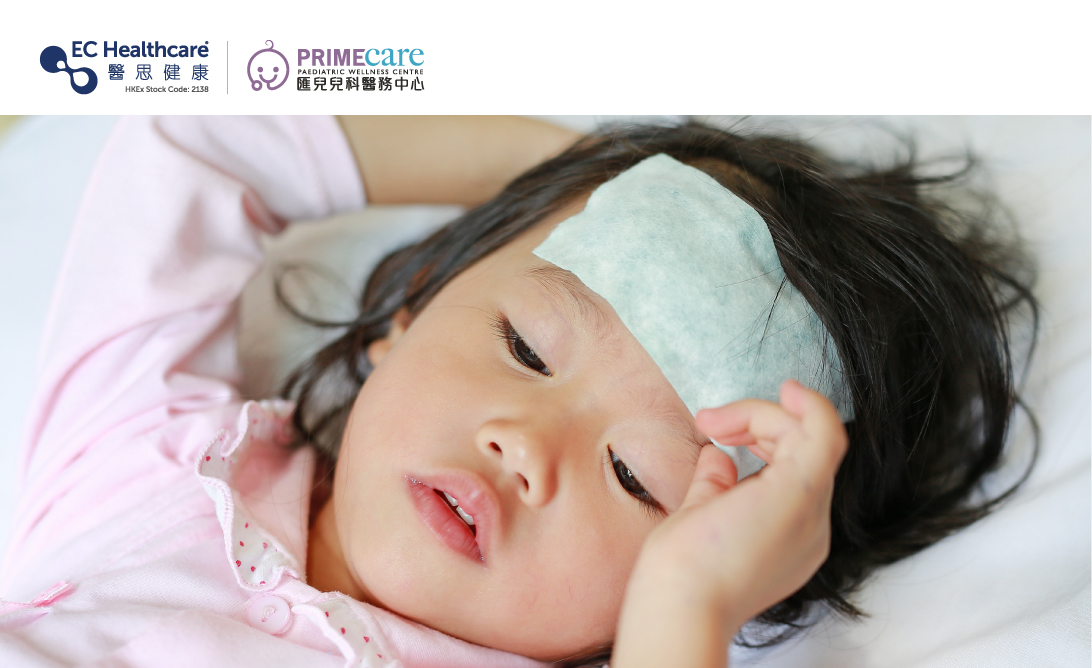Children's Seasonal Health Matters: Cold or Allergies? One Key Consideration


During early spring, with fluctuating temperatures, children may experience a runny nose or sneezing. Is it a sign of illness or a bout of nasal allergies? This is a perplexing dilemma for every parent!
Differentiating Nasal Allergies and the Common Cold
Adults can articulate their physical condition well, children may not be able to express their discomfort effectively. Therefore, it relies on parents' observation and care towards their children during this times.
The symptoms of nasal allergies and the common cold are remarkably similar, including runny nose, nasal congestion, and sudden or continuous sneezing. However, parents can pay attention to the timing of their children's sneezing to help distinguish between a common cold and nasal allergies. When children experience frequent sneezing and a runny nose without a specific timing, along with symptoms such as chills, cough, sore throat, fever, headache, fatigue, body aches, and decreased appetite, and if the nasal discharge appears thick or even yellowish, there is a high likelihood that they have been infected with a respiratory virus and have caught a common cold.
However, if a child has nasal allergies, their sneezing episodes often occur in the morning upon waking up or in the evening, after sudden changes in temperature such as going from a hot outdoor environment to an air-conditioned space, or when exposed to animal dander, dust mites, dust, or pollen. During a nasal allergy episode, children may experience symptoms such as itchy nose, nasal congestion, watery eyes, itchy eyes, and eye swelling.
Impact of Nasal Allergies and the Common Cold on Young Children
Young children with the common cold typically experience symptoms for 5 to 10 days. The virus spreads through the air and through direct contact, affecting areas such as the nasal cavity, sinuses, throat, and vocal cords. Children may also be more prone to irritability during this time. The common cold typically resolves naturally with the help of the body's immune system. However, symptomatic relief medications can be used to alleviate discomfort and promote faster recovery. If symptoms persist for more than 10 days or worsen, seeking medical attention promptly is advised to prevent the development of serious conditions such as pneumonia.
As for children with nasal allergies, their symptoms arise from inflammation of the nasal mucosa due to allergen exposure. These symptoms often persist, leading many parents to believe that their child's illness is prolonged and unresolved. In fact, many children with allergic tendencies may experience multiple allergies simultaneously. They may frequently experience itchy skin, eczema in areas such as elbows and knees, or develop dark circles under their eyes due to pigmentation. It is worth noting that nasal allergies can disrupt a child's sleep quality, leading to fatigue the next day and indirectly affecting their learning performance and concentration.
Related Brands







